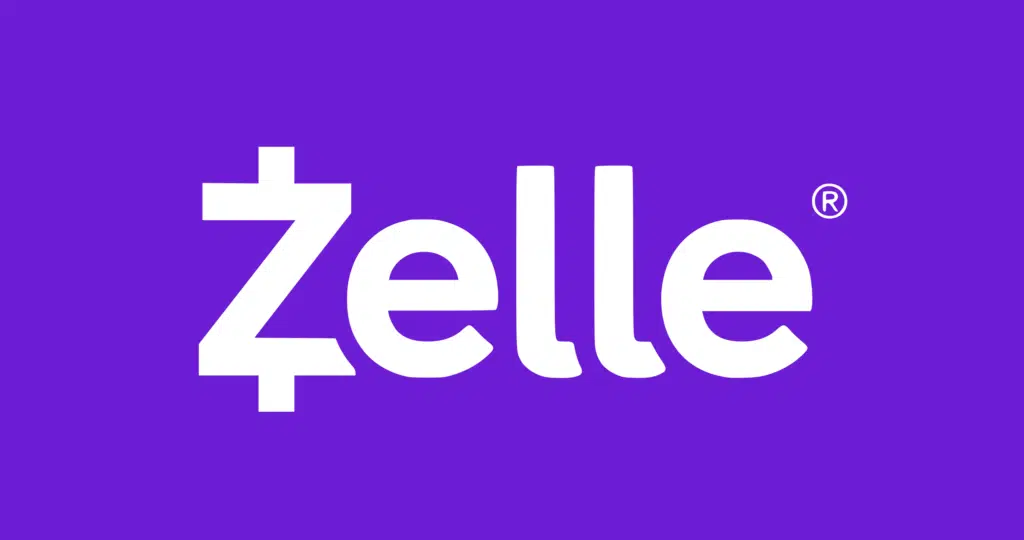Customers new to using Zelle, the peer-to-peer payment network operated by Early Warning Services LLC, have higher levels of engagement with their financial institutions than customers not using Zelle. That’s according to a recent study conducted by Early Warning and Curinos, a provider of data and technology technologies to financial institutions. The study found that after a customer’s first year of using Zelle, the customer conducted an average of five additional monthly debit transactions than before the person started using Zelle.
The impact of Zelle on customer behavior is evident almost immediately, the study says, with new Zelle users making 2.7 more debit transactions in their first three months after starting to use the P2P payments service. That figure jumps to 3.7 between six and nine months, the study says.
Increased engagement is particularly important to financial institutions because most consumers define their primary bank as the institution where they initiate the most transactions, according to previous Curinos studies.

One driver of increased debit usage is that money received from a Zelle transaction typically goes into a customer’s checking account and stays there until it is used at a later date.
“Money from a Zelle transaction is typically deposited in an account that consumers use for their debit transactions, whether it be a purchase with a debit card, writing a check, or making another Zelle transaction,” says Sean Loosli, head of consumer and small business payments for Zelle.
In addition to making more debit transactions per month, new Zelle users generate $25 more revenue per year than non-Zelle users, according to the study. Increased interchange revenue accounts for $16 of the revenue increase, followed by ATM revenue, increased net interest margin from higher average balances, and other revenue sources, all of which increased by $3 per month.
By comparison, existing customers that were previously disengaged before starting to use Zelle, which the study defines as no ACH activity and writing no more than two checks per month, generated $43 more revenue per year than they did previously, compared to new Zelle customers on average.
New customers who use Zelle generated $60 a year in new revenue when compared to non-Zelle customers. The study defines new customers as those that have had a relationship with the financial institution for less than six months and have less than $500 in deposits.
Increased revenue from Zelle users is an important metric for financial institutions as mass-market customers cost financial institutions 40% more to service than they generate in revenue, according to the report. In addition, as digital channels become a larger source of new customers, financial institutions are finding that the engagement levels and revenue contributions of these customers are far lower than their existing, branch-originated customers. Previous studies by Curinos show that digitally originated accounts have one-seventh the average balance of branch-originated accounts.
“Increased engagement with customers [through Zelle] drives profitability, which delivers value to the financial institution,” Loosli says.
Overall, Zelle is available through more than 1,900 financial institutions and the network has another 2,400 financial institutions that have signed on, but are not yet live on the network, according to Loosli.
The study did not examine the impact of potential fraud and scams within Zelle. The network has attracted criticism in recent months because of scams in which fraudsters gull customers into authorizing transfers—transactions for which Zelle and other networks do not offer refunds. Early Warning has previously stated that millions of consumers use Zelle every day, with more than 99.9% of payments completed without any report of fraud or scam.





